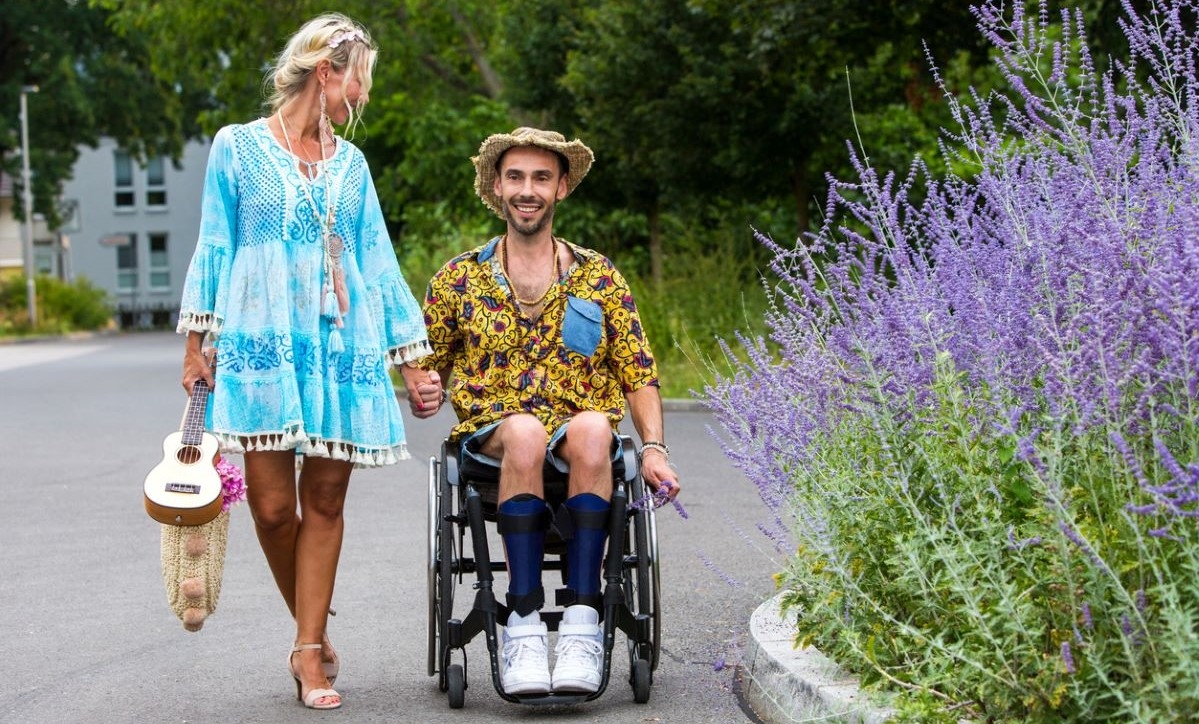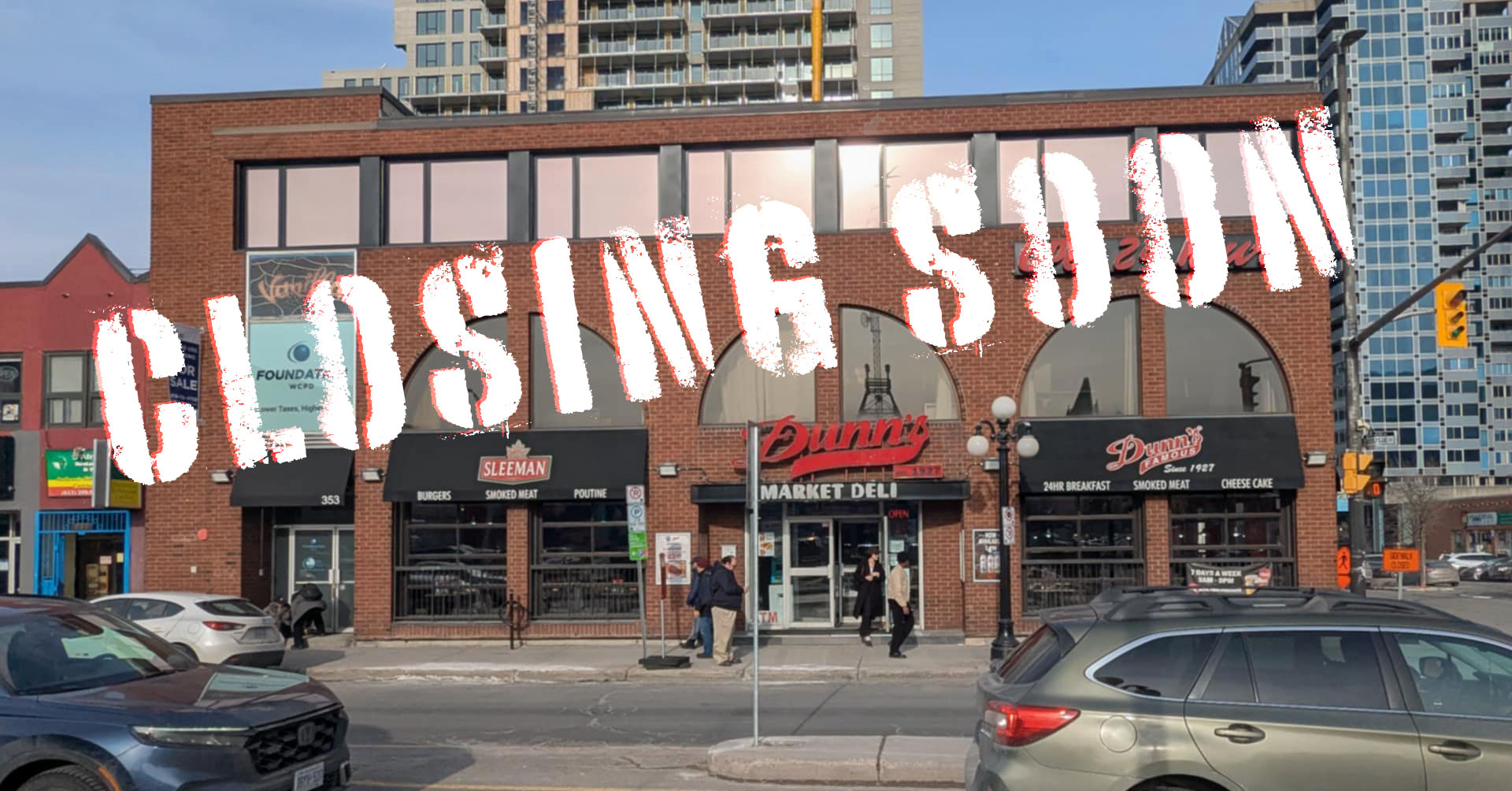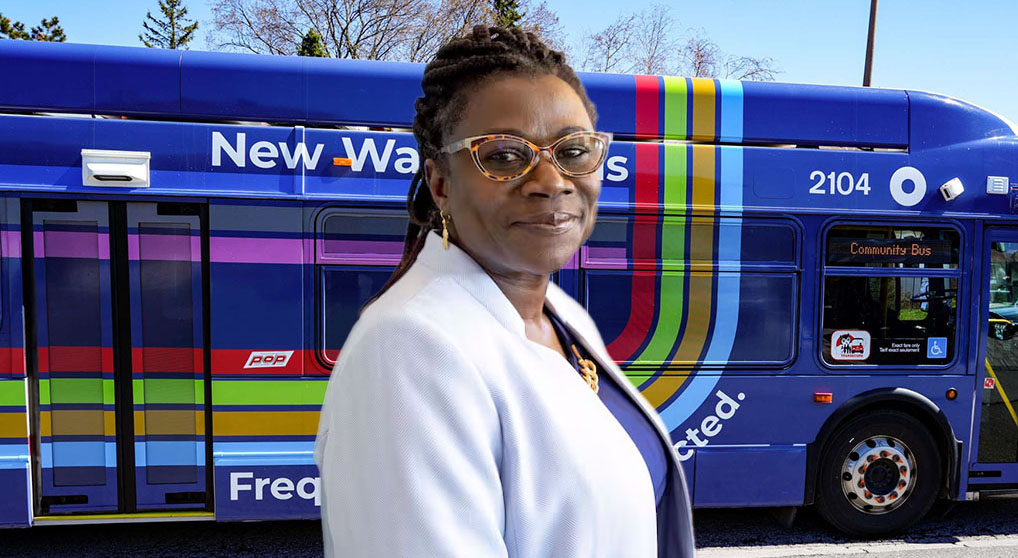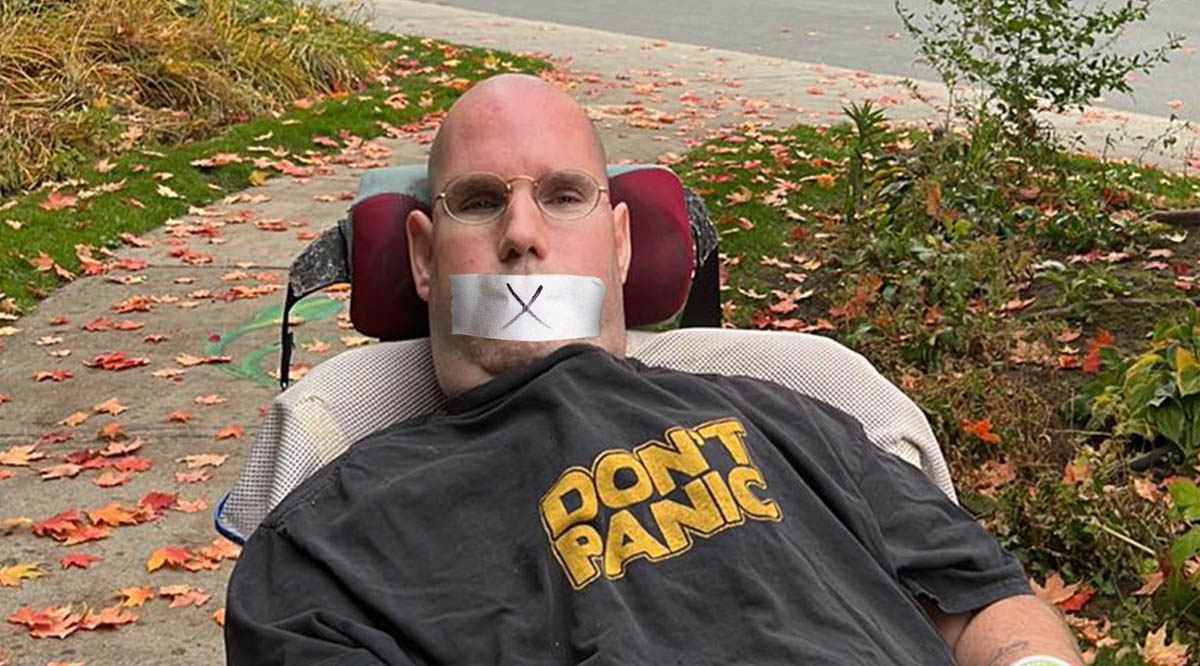
Perceptions & misconceptions part two: Love shouldn’t disable us
Dating, in general, can be difficult. It can be incredibly challenging if you’re a person with a disability.
This week, in part two of my two-part series about perceptions and misconceptions regarding people with disabilities (PWD), we’re going to talk about dating, relationships, and some of the misconceptions people have towards being with someone with a disability.
It’s been my experience that many people can’t or refuse to think that people with disabilities would want to date, fall in love, or have particular desires met. While it’s true that SOME PWD may just not be interested in dating, the same thing happens with able-bodied people as well.
I think there are a few reasons why some believe that we’re not capable of love. The first reason involves people who assume that all, or most PWD are developmentally challenged. The chances are good that those same people also believe that we lack the mental capacity to love, at least in an intimate way. In their eyes, we’re only capable of loving our family, certain types of food, our pets, etc., and that’s where it ends. The mere thought of anything more truly baffles them, and in some cases, offends them.
The second reason could be fear. In this case, fear can refer to multiple things. There could be fear that you won’t know how to act around us, or that you’ll say the wrong things. To be fair, there’s a chance of that happening in any type of relationship, especially at the beginning. Moments like that are often just a part of learning about each other.
Another fear could be that you’ll be expected to look after us in a way that a caregiver would. This issue has been a significant one for me. To a degree, I can understand. While I can’t speak for every person with a disability, I feel comfortable saying that most of us aren’t looking to have our partner(s) become our caregiver. In fact, for many PWD, including myself, having our partner act as our caregiver crosses a line for us. Most of us simply don’t want to be viewed in that way, or be perceived as someone needing constant help or unable to look after ourselves. Also, it could be a matter of privacy. For many, we want to keep certain aspects of our disability to ourselves. Some PWD also worry that you’ll have difficulty seeing them as attractive once you assist them with that aspect of their lives.
But, there are always exceptions.
I know a few couples where one person has a disability, and their partner helps them out with almost everything. They all seem happy—more power to them.
Now would be a good time to remind you that everyone is different, including people with disabilities. We all have our own experiences in life, outlooks, wants, needs, and desires.
My best suggestion, or advice to everyone reading this, when it comes to dating a person with a disability, or any form of interaction, just treat us like a person. I realize that it may be easier said than done. Just start by acknowledging us like you would do with anyone else, and go from there.
People with disabilities are human, and just like anyone else, we deserve to love and be loved. We can also express it the same way you do. However, that may be. There’s always a way.
The last thing that I’ll say is the subject of dating was hard for me to discuss. Far more difficult than I imagined. Much of that is due to my own experiences with dating and relationships.
It’s an important subject, though, both for myself and others like me. I also know some of you will probably be able to relate. I wanted to share my story, or at least part of it, in the hopes that it raises awareness and helps others.
Photo: istock









